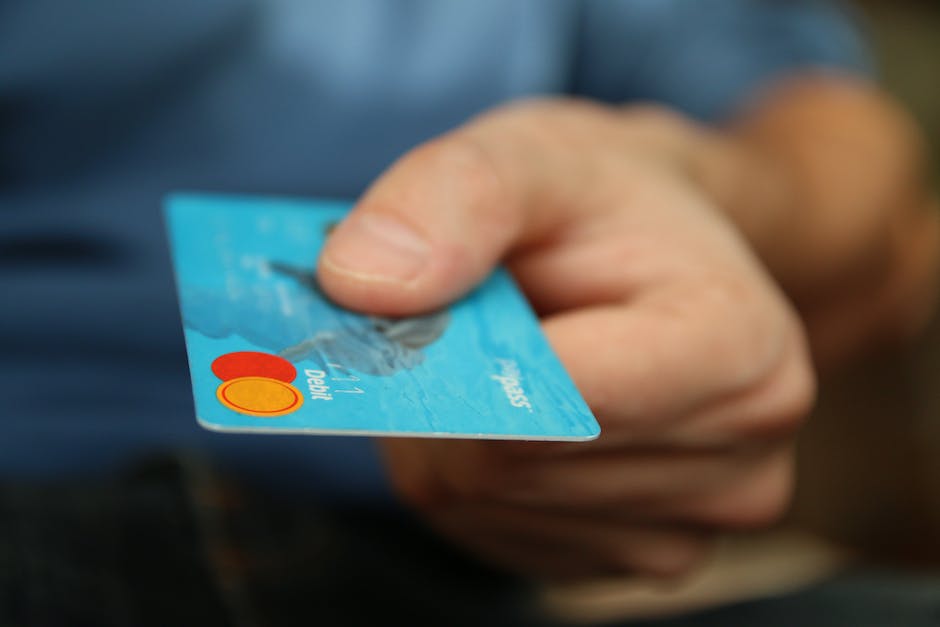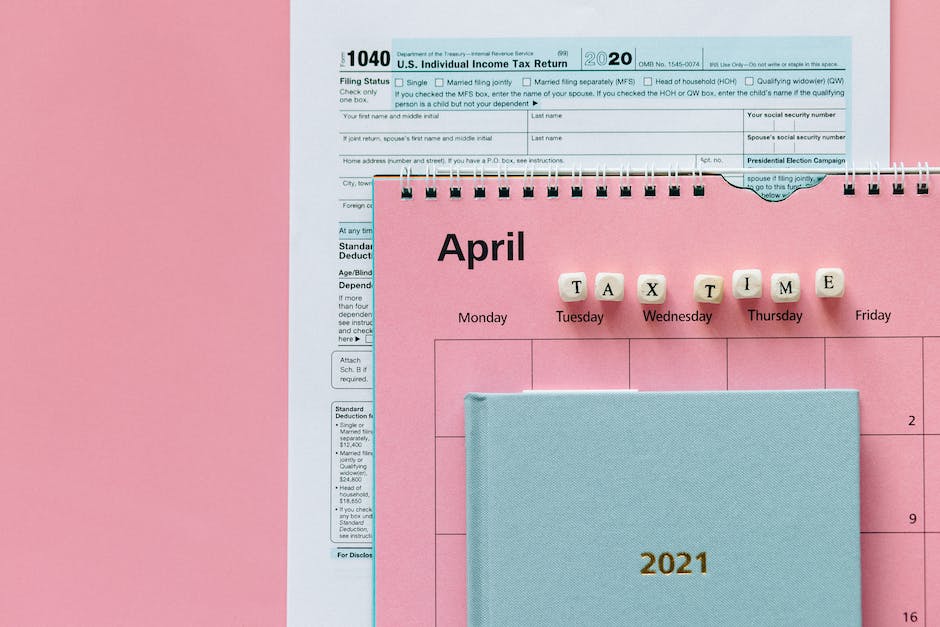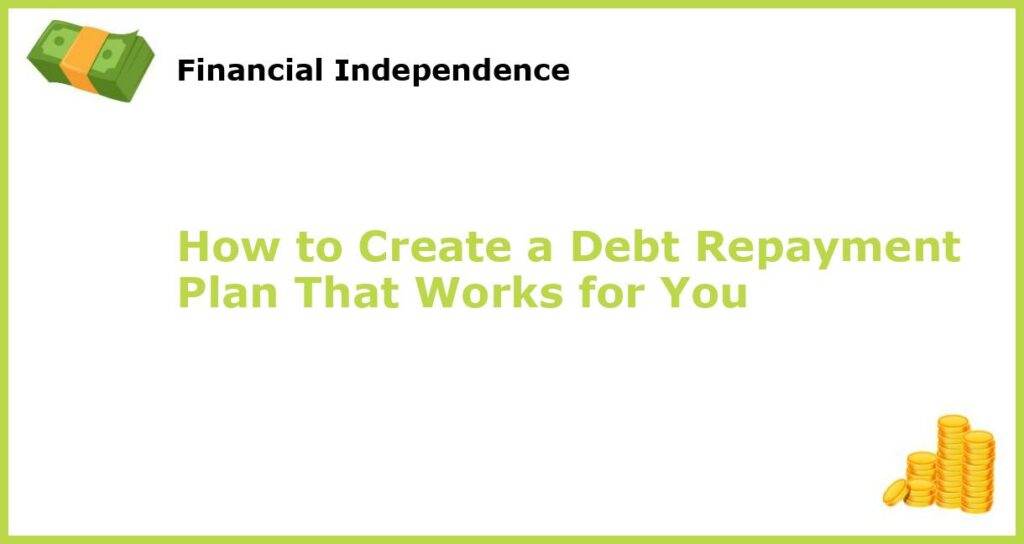If you’re in debt, the first thing you need to do is take control of your finances. And creating a debt repayment plan could be the best way to start. A debt repayment plan can help to identify how much debt you have and how long it will take to clear your debts. The best part about a debt repayment plan is that it is a flexible tool that can be customized to fit your lifestyle and financial constraints. Here are some of the best ways to create a debt repayment plan that will work for you:
1. Assess Your Debt

Assessing your debt is the very first step in creating your debt repayment plan. To do this, you need to put down all your debts into writing. Write down the amount you owe, the interest rate, and the monthly payment on each type of debt, such as credit card balances, student loans, car payments, and mortgages. Knowing exactly how much debt you have is important as it will help you determine your financial obligations and which debts to pay off first.
2. Determine Your Monthly Income

The second step in creating a debt repayment plan is to determine your monthly income. Calculate your monthly income from your job, any investment income, and any side hustles. Being honest about your monthly income is important because it will help you estimate how much money you have each month to put towards your debt repayment plan.
3. Create a Budget

The third step to creating a debt repayment plan is to create a budget. Make a list of all your monthly expenses such as rent, groceries, and utilities. While doing this, consider any discretionary spending such as dining out and entertainment costs. Subtract your total expenses from your monthly income and determine how much money you have left each month to devote towards debt repayment.
With a budget in place, you can clearly see where your money is going and where you can save. Create a budget that is reasonable and effective for your lifestyle. It is important that you remain honest in order to create the best possible budget.
4. Prioritize Your Debts

After creating a budget, it’s time to prioritize which debts to pay first. You could prioritize by focusing on the high-interest credit card balances first, which could result in significant savings. Alternatively, you could prioritize by focusing on smaller debts first as it could help boost your motivation to tackle the larger debts. It all depends on your preference.
Prioritizing your debts can help you come up with a solid plan for paying off your debts. When you start paying off your debts in the order, it will boost your motivation to tackle the bigger debts.
5. Set Specific Goals

Setting specific goals keeps you focused and motivated to tackle your debt. Decide on a specific amount of debt you want to pay off each month and set a deadline for paying off all of your debts. Having goals can help you stay focused and minimize distractions while paying off your debts.
Mapping out your financial goals will give you an edge when creating your plan, which will help you stay on track and organized. Your goals could be short-term, medium-term or long-term, depending on your preferences and time frames.
6. Consider Consolidation or Refinancing Options

If you have high-interest rates or high monthly payments, refinancing or consolidating your debts could be a great option for saving on interest fees and making your monthly payments more manageable. Do your research, ask around and compare rates to find what works best for you.
Consolidation and refinancing could help you save a lot of money in the long run. This is because it combines multiple debts into one loan. This could mean a lower interest rate for the loan, which could lead to lower monthly payments and provide significant relief to your wallet over time.
7. Find Ways to Increase Your Income

Increasing your income is an excellent way to pay off your debts more quickly. Consider taking up a side job, selling items you no longer need, or negotiating for a raise at your current job. Even a small increase in income can make a big difference in your debt repayment plan.
Looking for ways to increase your income is a good way to stay ahead of your debt payment schedule. Get creative and explore your options to ensure that you have the extra income you need to pay off your debts as quickly as possible.
8. Cut Back on Expenses
Cutting back on discretionary expenses is a great way to free up more money for debt repayment. Consider cutting back on your discretionary spending, such as eating out or shopping. You may also want to negotiate your bills, such as your cable or internet bill to get better deals.
Reducing expenses is a smart move that will help you save more money each month. This money could go towards your debt repayment plan, which could help speed up the repayment process. Cutting back on expenses also helps to break the cycle of overspending and helps you maintain control over your finances.
9. Track Your Progress
On a regular basis, track your progress towards your debt repayment goals. Celebrate small successes along the way and take note of what is not working in your plan. This will help you stay motivated, remain focused, and reassess your plan when necessary.
Tracking your progress regularly helps you to stay focused on your goals. Celebrating the small victories along the way will make it easier to stick with your plan as you watch your progress unfold and get closer to paying off your debts completely.
10. Stay Committed to Your Plan
Creating a debt repayment plan is just the beginning. Staying committed to your plan is the key to success. Consistency is important when it comes to repaying debts. Avoid adding new debts or increasing your expenses, and stay focused on your goals until your debt is fully paid off.
Sticking to your plan is crucial to paying off your debts in a timely manner. Be disciplined and stick to the plan that you have created. Avoid new debts and stay committed to your debt repayment plan until all of your debts have been paid off.







